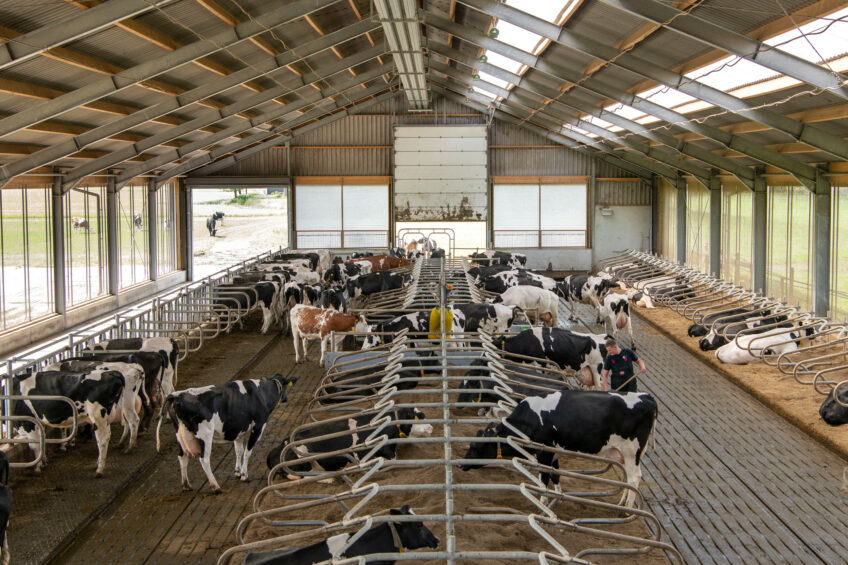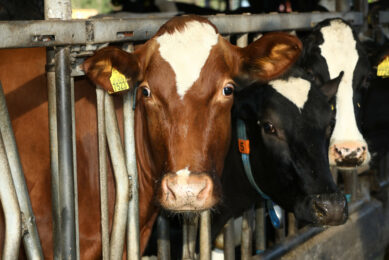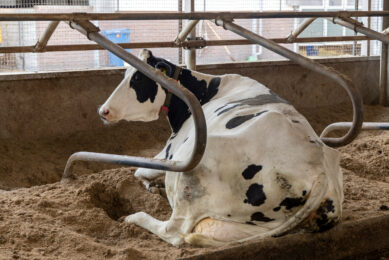Financial support to combat avian influenza in livestock in the US

Researchers at the University of Minnesota recently received a grant of US$1.5 million towards projects that will be seek to understand bird flu transmission and to mitigate the impact of the disease in dairy herds and the livestock sector as a whole.
The University’s College of Veterinary Medicine stated it received the funding in a cooperative agreement grant from the US Department of Agriculture (USDA). The 9 projects that have been given the financial support will contribute critical understanding to a national effort to safeguard public health and food security, and to maintain food security of the US dairy sector.
Leading the research teams is Scott Wells, a professor in the College of Veterinary Medicine. The research team members include experts in virology, epidemiology, microbiology, veterinary medicine and agricultural biosecurity.
Controlling bird flu in dairy cows
“Minnesota is unique in having multiple really strong livestock and poultry industries, including turkey, swine, and dairy — and highly pathogenic avian influenza affects all of them,” said Wells. “The University of Minnesota is well-positioned to help address this challenge, with cutting-edge diagnostic capacities and experts working across industries to look at influenza from many different angles.”
According to the Minnesota Board of Animal Health, H5N1 avian influenza was confirmed on 21 March in a Stearns County dairy herd from samples collected as part of Minnesota’s milk surveillance plan. The USDA’s National Veterinary Services Laboratories confirmed the results and the Board of Animal Health has quarantined the herd until it meets testing requirements indicating it’s no longer infected.
“Identifying which dairy herds are infected is important so we can prevent disease spread and protect both animal and human health,” MDA Commissioner Thom Petersen said. “Regular sampling and testing will allow the MDA and partners to identify where the virus is present, monitor trends, and prevent spread of the virus in order to protect unaffected dairy herds and poultry flocks.”
In related news, US Secretary of Agriculture Brooke Rollins announced at the end of February a US$1 billion-dollar comprehensive strategy to curb highly pathogenic avian influenza and protect the US poultry industry, and lower egg prices. This is in addition to funding already being provided to indemnify growers for depopulated flocks, according to the USDA.
Join 13,000+ subscribers
Subscribe to our newsletter to stay updated about all the need-to-know content in the dairy sector, two times a week.










